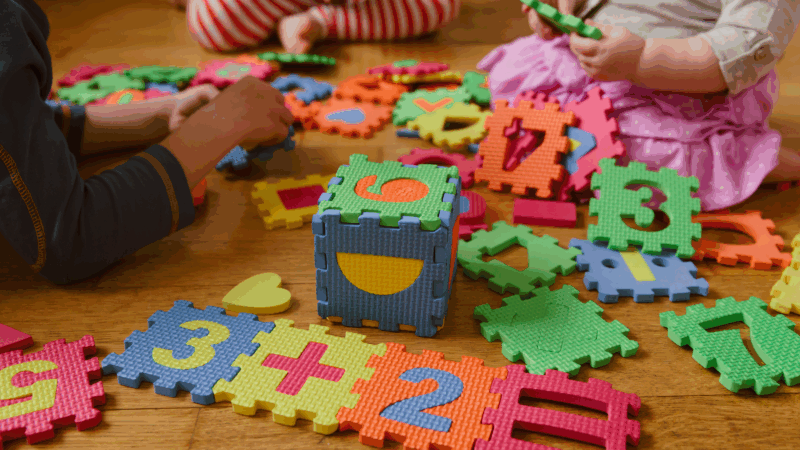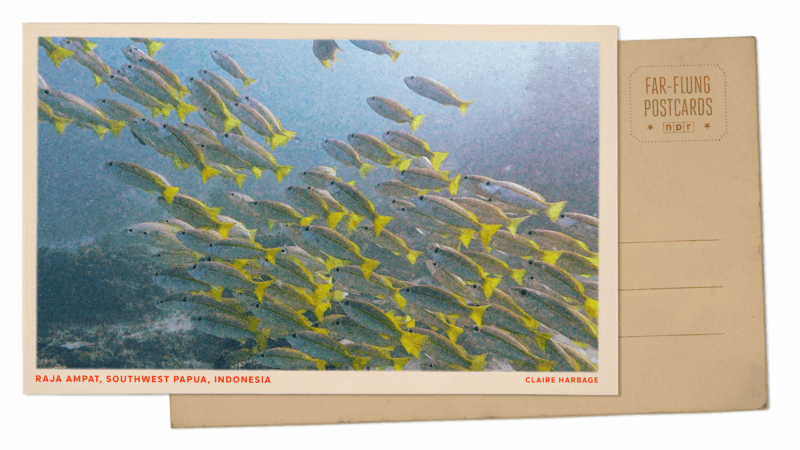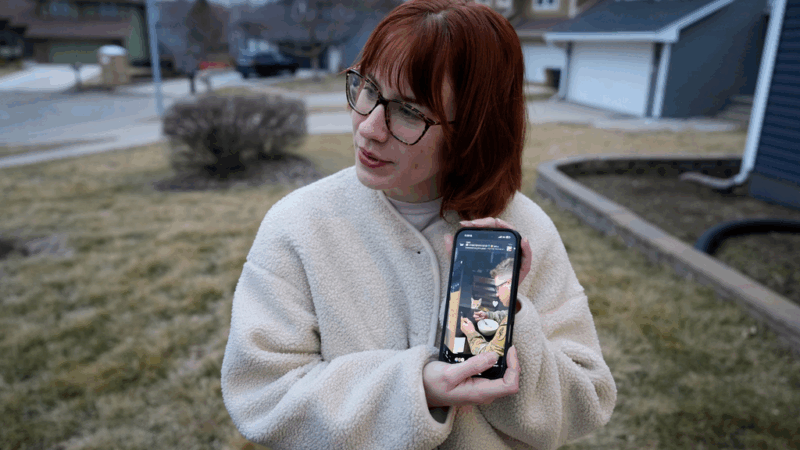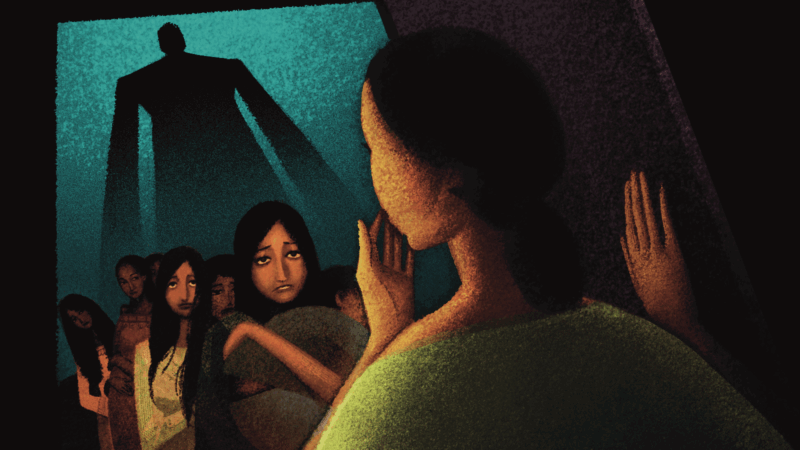University of Alabama History Professor Speaks About Cannonballs Found On Campus
It’s not every day you stumble upon a 150-year-old relic. But that’s what happened last week when a sidewalk repair crew at the University of Alabama uncovered 10 Civil War era cannonballs buried in the ground. The university called in a bomb squad as a precaution but the cannonballs were removed without incident. WBHM’s Stephanie Beckett spoke with University of Alabama history professor Harold Selesky about why they probably came from that time period.
Why Civil War?
Looking at a cannonball, there’s no definitive way to tell exactly what time period it came from.
However, Selesky says it’s a safe bet that the cache of cannonballs is a leftover surprise from the Civil War.
“It is more likely than not that they are from that time period,” he says, “given the level of military activity is highest on campus during those years.”
The Danger
Cannonballs were made in two ways: solid and hollow.
Selesky says solid cannonballs aren’t dangerous, but because hollow ones were usually filled with gunpowder, they can be.
“The idea is to explode the shell over the enemy,” he says, “causing damage.”
However, he says after decades of being buried underground, water and erosion would probably render the gunpowder ineffective.
How They Got There
Selesky says Confederate soldiers probably stored the cache of cannonballs underground until needed — but then forgot about them.
“As the university grew up basically around it,” he says, “nobody knew it was there; ultimately found by serendipity [when] the sidewalk had to be replaced.”
What This Tells Us
Selesky says information about the cache’s origins will probably come to light after the cannonballs are studied and archives are looked at to try and place them in a more specific time period.
“There’s no definitive way to understand what these were,” he says, “but there are better guesses.”
However, he also says that it’s unlikely historians will ever actually be able to place the cannonballs at an exact date.
“But in general,” he says, “I think you can figure out why they’re there, what happened, and something about their history.”
Photo by Internet Archive Book Images
Paul McCartney’s decade of transformation: From Beatles breakup to John Lennon’s murder
Man on the Run shows McCartney's effort to define himself outside The Beatles' shadow: "Paul making this documentary was a way of coming to terms with that whole period," says director Morgan Neville.
A Biden-era rule sought to stabilize child care. Why Trump wants it gone
The Trump administration has proposed repealing a Biden-era rule that required states to change how they pay out child care subsidies, citing the potential for fraud.
Greetings from Southwest Papua, which has some of the world’s richest marine biodiversity
The Raja Ampat islands in Indonesia's Southwest Papua province are a marine biodiversity hotspot and a divers' paradise.
Families remember U.S. reservists killed in Kuwait, members of an Iowa logistics unit
Four U.S. soldiers were killed in the Iran war on Sunday and IDed Tuesday by the Pentagon; two soldiers haven't yet been publicly identified. Their unit kept troops supplied with food and equipment.
Why supporting a shelter for women is now ‘kind of radioactive’
That's how researcher Beatriz Garcia Nice describes the new U.S. stance under the Trump administration to programs addressing gender-based violence.
Telehealth abortion is in the courts. Share your experience.
Mifepristone is facing another major legal challenge.







